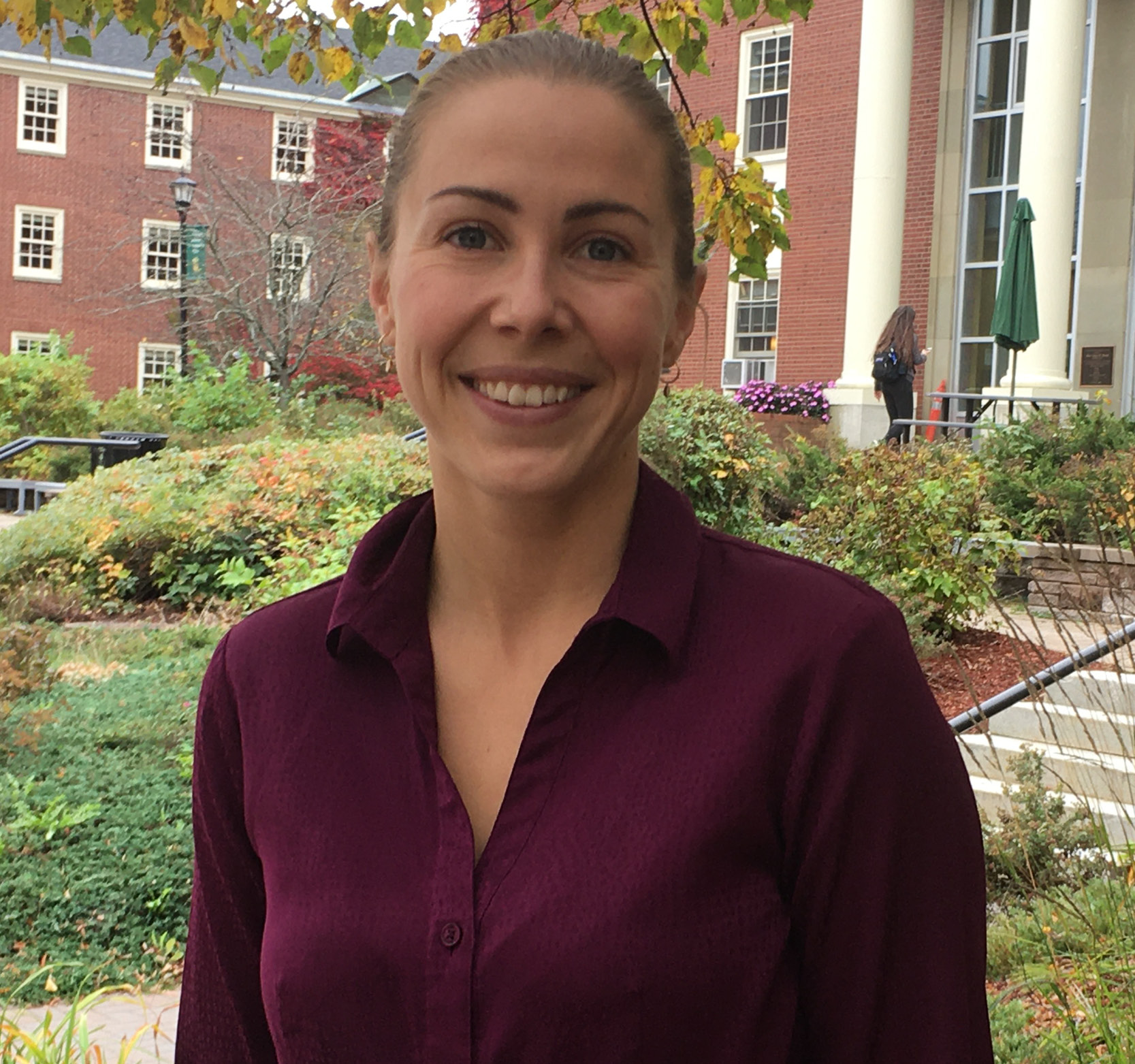
A new course in digital literacy starting in January will provide students with the skills to use digital tools and to understand the ethical, political, and contentious issues related to online platforms.
ENGL 1233: Digital Literacy I – Fundamentals is being taught by Dr. Katherine Thorsteinson of the Department of English Language and Literature. It is open to all students regardless of their year or major.
“In the course, we’ll be learning about aspects of content and skill development for online media platforms. We’ll also include topics for critique and debate around the ethics and politics of these different platforms,” Dr. Thorsteinson explained.
Developing advanced skills in digital literacy adds an important dimension to the traditional learning of liberal arts students in critical thinking, writing, communication, and problem solving. In ENGL 1233: Digital Literacy I, students will learn and apply the following:
- use and critique digital productivity tools, multimedia and website development tools, and web tools
- apply literary methodologies to broader issues and debates like cyber safety, digital privacy laws and ethics, the economic and social engineering implications of user-data, as well as modes of digital communication and collaboration
- how critical theories and historical trends can help them understand how social and political movements develop the form, genre, and style of digital platform
“Living in the pandemic has really emphasized that our communication and basic elements of life are being moved onto the internet and other digital platforms. In many ways, we depend on these different places and need the skills in order to conduct ourselves,” Thorsteinson added.
“I think the day-to-day classroom activities will be really fun, in part because we won’t just be reading, but we’ll also be engaging with these tools in person. Week to week, we’ll be switching back and forth between content, skill development and critique. We’ll be reading some of the ethical, political, and contentious issues around different media platforms.”
The course will take place in the Media Lab in Edmund Casey Hall, with a remote option for students who can’t attend in person.
The new course is part of a larger initiative to develop a Media Literacy Stream in the Department of English and will serve as a good base for other courses already being offered. These include ENGL 2253: e-lit: Digitally Born Literature, ENGL 2393: Literature, Technology, and Culture, and ENGL 3233: Digital Projects and Digital Reading.
To register for this course, please see WebAdvisor.
-(2).jpg)
/filters:format(webp)/prod01/stuca/media/stu/site-assets/images/features/STUBSA.jpg)
/filters:format(webp)/prod01/stuca/media/stu/site-assets/images/features/Accessibility-Week-News-Box.jpg)
/filters:format(webp)/prod01/stuca/media/stu/site-assets/images/features/Arts-Matters-News-Box.png)